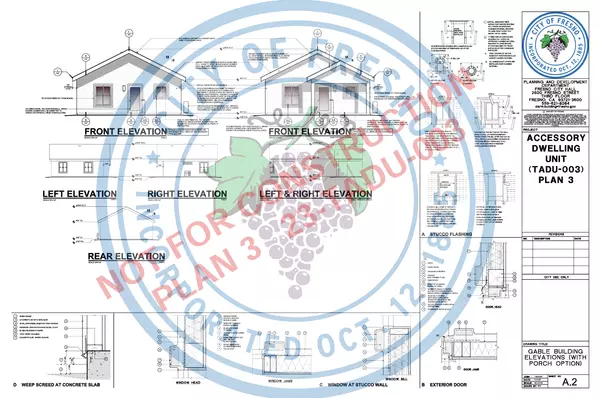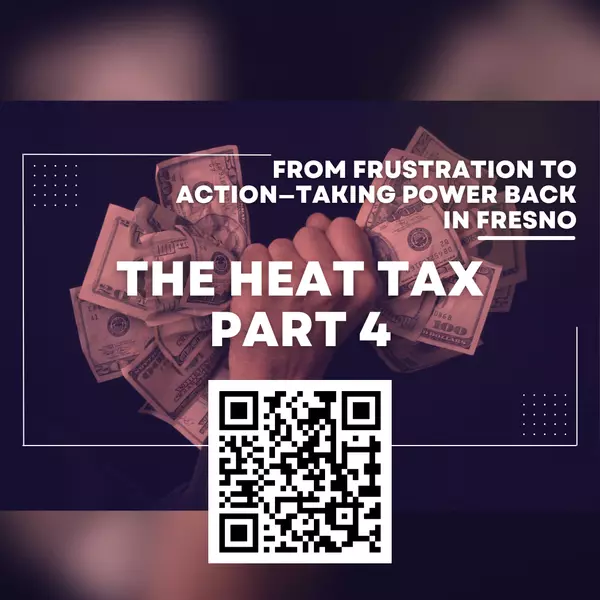Hey there, home seekers and dream makers! It’s Dani Cabrera here, your friendly neighborhood real estate expert with All Elite Homes Powered by Epique Realty. If you're diving into the world of buying or selling a home, you might feel like you've landed in a foreign country where everyone speaks a different language. But fear not! We're here to decode the jargon and make this journey as smooth and enjoyable as possible.
Understanding Real Estate Terms: A Beginner's Guide
Let’s have some fun unraveling the mystery behind ten key real estate terms you’re bound to encounter.
1. Appraisal
What is an appraisal in real estate?
An appraisal is an unbiased estimate of a home's market value, conducted by a professional appraiser.
Example: Imagine you’ve found your dream home and agreed on a price with the seller. Before your lender approves your mortgage, they’ll order an appraisal to ensure the home’s value matches the loan amount. If the appraisal comes back lower than expected, you might need to renegotiate the price or come up with a bigger down payment.
2. Escrow
What is escrow in real estate?
Escrow is a neutral third party that holds funds and documents until all conditions of a real estate transaction are met.
Example: When you place a deposit on a house, that money goes into an escrow account. The escrow company will only release the funds to the seller once all the sale conditions are satisfied, like inspections and appraisals.
3. Closing Costs
What are closing costs in real estate?
These are the fees and expenses you need to pay at the closing of a real estate transaction, beyond the down payment.
Example: Closing costs can include things like loan origination fees, title insurance, and inspection fees. These costs usually run between 2-5% of the home’s purchase price. So, on a $500,000 home, closing costs might be $10,000 to $25,000.
4. Contingency
What is a contingency in real estate?
A contingency is a condition that must be met for the sale to go through.
Example: A common contingency is a home inspection contingency. This means that if the home inspection reveals significant issues, you can back out of the deal without losing your deposit.
5. Loan "Points"
What are loan points in real estate?
Points are fees you pay to the lender at closing in exchange for a reduced interest rate.
Example: One point equals 1% of your loan amount. If you’re borrowing $300,000, one point would cost you $3,000. Paying points can lower your monthly mortgage payments, so it might be worth it if you plan to stay in your home for a long time.
6. Private Mortgage Insurance (PMI)
What is PMI in real estate?
PMI is insurance that protects the lender if you default on your loan. It’s usually required if your down payment is less than 20%.
Example: If you’re buying a $400,000 home and only put down $40,000 (10%), you’ll likely have to pay PMI each month until your equity reaches 20% of the home’s value.
7. Title Insurance
What is title insurance in real estate?
Title insurance protects you and the lender from potential legal issues related to the property’s ownership history.
Example: Suppose a long-lost heir shows up claiming ownership of your new home. Title insurance would cover legal fees and protect your ownership rights.
8. Amortization
What is amortization in real estate?
Amortization is the process of paying off a loan with regular payments over time, which include both principal and interest.
Example: With a 30-year mortgage, your monthly payments are calculated so that you pay off the loan gradually, with the interest portion decreasing over time while the principal portion increases.
9. Equity
What is equity in real estate?
Equity is the difference between the market value of your home and what you owe on your mortgage.
Example: If your home is worth $500,000 and you owe $300,000 on your mortgage, you have $200,000 in equity. As you pay down your mortgage and your home’s value increases, your equity grows.
10. Multiple Listing Service (MLS)
What is the MLS in real estate?
The MLS is a database that real estate agents use to list and find homes for sale.
Example: When you’re looking for a new home, your agent will search the MLS to find properties that match your criteria. Likewise, when selling, your home will be listed on the MLS to reach other agents and their buyers.
Conclusion
Understanding these real estate terms will give you a solid foundation as you navigate the real estate market. And remember, whether you're buying or selling, I’m here to help make the process as seamless and enjoyable as possible. Have questions? Don’t hesitate to reach out to me at All Elite Homes Powered by Epique Realty.
Happy house hunting!













